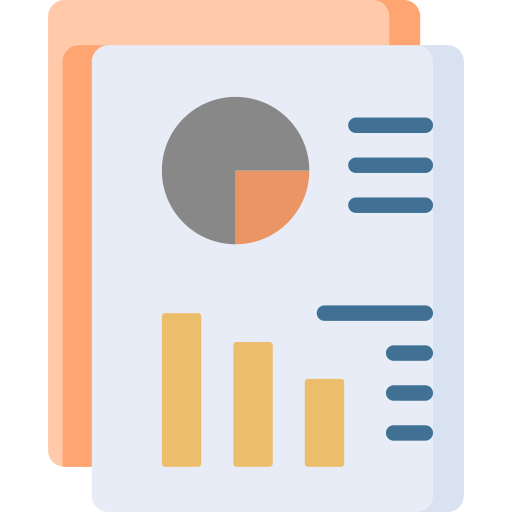- Services
- Academic Writing Service
- Assignment Help
- Academic Assignment Help
- Assignment Writers
- Custom Writing Services
- Online Assignment Help
- Effective Note-taking – Assignment Help
- Assignment Help Australia
- Write My Assignment
- Help on Assignments
- Buy Assignment Online
- Best Assignment Helper
- Assignment Paper Help
- College Assignment Help
- Help with Assignments Online
- Get Assignment Help
- Homework Assignment Help
- Thesis Writing Services
- Online Assignment Writer
- Collect material
- Assignment By Cities
- Assignments by Universities
- Essays
- Essay Writing Guide
- Essay Help
- Argumentative Essay
- Critical Essay
- Essay Writing Help on Comparison Essay
- College Essay
- Deductive Essay
- Essay Writer
- Admission Essay
- Online Essay Help
- Do My Essay Online
- Evaluative Essay
- History Essay Help
- Research Essay Help
- Urgent Essay Help
- Top Quality Essay
- Top Essay Writing Companies
- Cheap Essay Writing Help
- Professional Essay Help
- Cheap Essay Writer
- Essay Writers Online
- Need Help Writing Essay
- Essay Homework Help
- Write Essay Online
- Types of Essay
- Essay Writing Tips
- Essay Help Cities
- Other Services
- Dissertation Writing Assignment Help
- Cheap Assignment Help
- Creating An Appendix
- Assignment Help Tutors
- Assignment Assistance Australia
- Student Assignment Help
- Last Minute Assignment Help
- Urgent Assignment Help
- Assignment Provider
- Do My Assignment Help
- Make My Assignment For Me
- Solve My Assignment
- Custom Assignment Writing
- How to Write a Dissertation – Assignment Help
- Quality Assignment Help
- Write My Assignment For Me
- Assignment Writing Tips
- Buy Assignment
- Article Writing Service
- Assignment Help UK
- Animation Assignment Help
- Coursework Help
- College Assignment Help
- Leadership Assignment Help
- Network Planning Assignment Help
- Dissertation Proposal Writing Help
- Report Writing Help
- My Assignment Help
- Microsoft PowerPoint Presentation
- Pecha Kucha Presentation Help
- Pestel Analysis Assignment Help
- University Assignment Help
- Video Presentation Assignment Help
- Academic Writing Service
- Homework Help
- Subjects
- Sample Assignments
- Resources
- Blogs
- Get a Quote
Part 2 Questions
Further blood test results reveal that Sandra’s blood glucose level (BGL) is 12.9 mmol/L [3.9-6.1 mmol/L]; HbA1c: 9% [normal <6.5%].
Sandra’s GP referred her to an Endocrinologist. Her conditions, blood test results and medications were reviewed by the specialist. Sandra was advised to stop metformin and prescribed Tab Sitagliptin (Januvia) 50 mg daily in addition to glipizide 5 mg (Minidiab) half a tablet daily. The Endocrinologist also added Tab Carbimazole 5 mg daily for managing her recently developed signs and symptoms, and the related Endocrinological condition.
- Identify 4 risk factors potentially causing Sandra’s high BGL and HbA1c. Discuss how each risk factor affects BGLs and HbA1c.
- Discuss the three medications Sandra is prescribed by the Endocrinologist. Include in your answer the action, complications, relevant side effects and relevant nursing considerations linked to Sandra’s situation.
- Explain five complications that Sandra could experience if her blood glucose level (BGL) and HbA1c remain high.
- Identify and briefly discuss four preventive measures Sandra could use to reduce her risk of developing complications related to T2DM.
Breathe a Sign of Relief with our Academic Assistance: Get instant help, 100% personalized and accurate solutions that make your study life better.
Expert's Answer
Hire Our PhD Expert Writers
We have a Team of Experts who can assist you with all sorts of Projects, Tasks and Essays.
Report Writing Assistance | Essay Writing Assistance | Dissertation Assistance | Research Paper Assistance | Thesis Writing Assistance | Programming Project Assistance | IT Assignment Assistance

Chat with our Experts
Want to contact us directly? No Problem. We are always here for you




